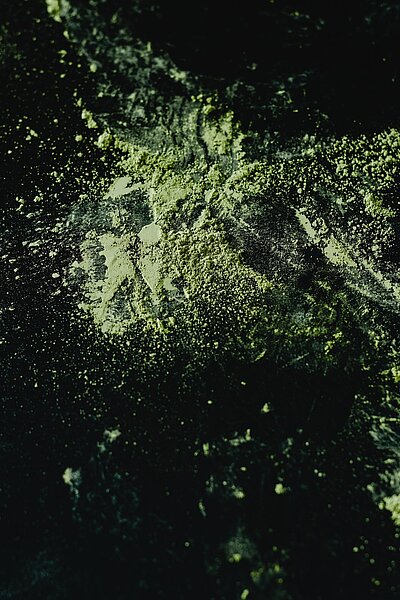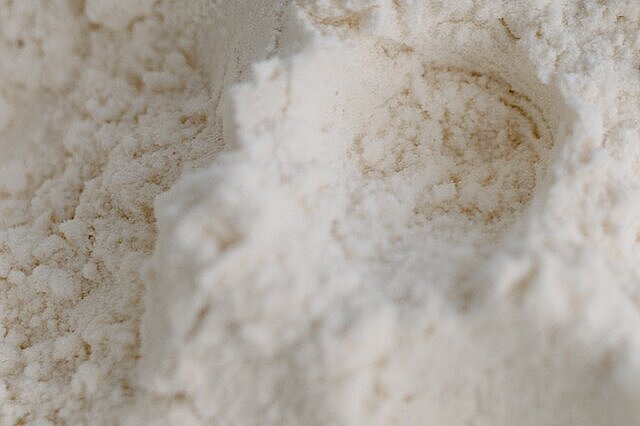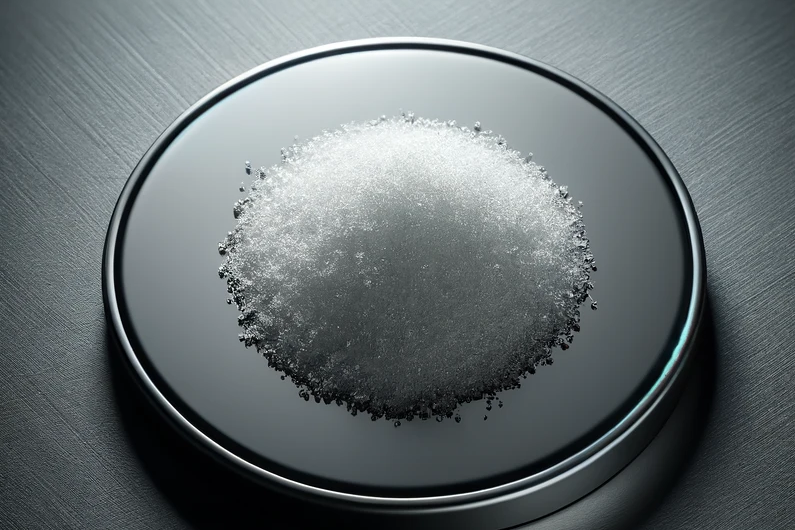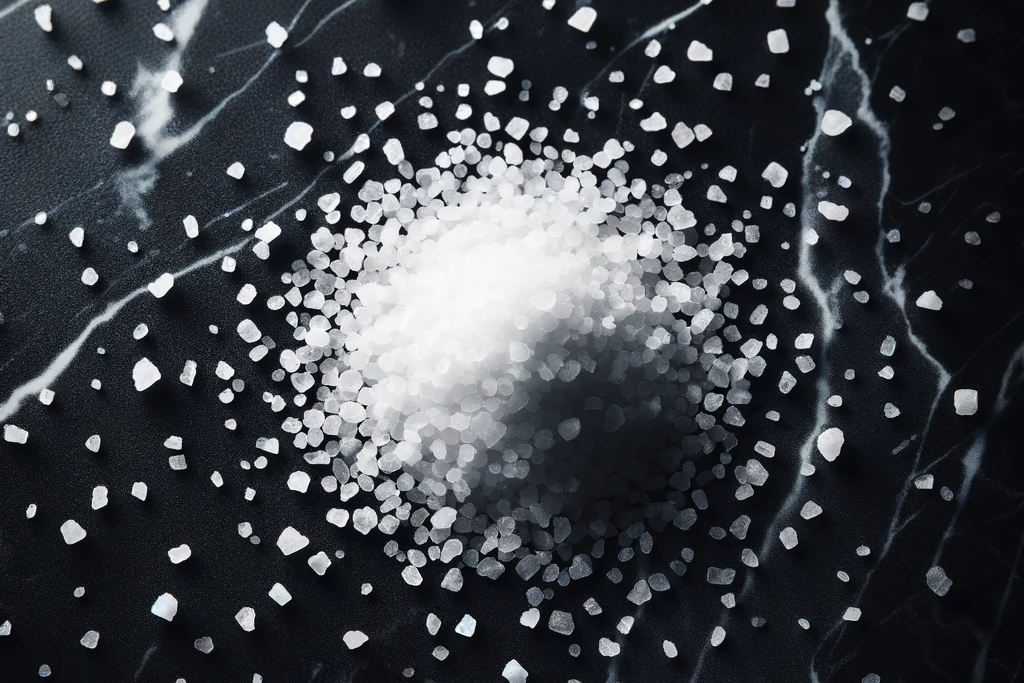Potassium sorbate

Potassium sorbate is a preservative that is often used in food and cosmetics. But what exactly is potassium sorbate and how does it affect your dog? Find out more about this ingredient and its pros and cons in this article.
What is potassium sorbate?
Potassium sorbate is the potassium salt of sorbic acid, a natural organic acid found in some fruits such as berries. Potassium sorbate has an antimicrobial effect, i.e. it inhibits the growth of bacteria, yeasts and molds. It is therefore used as a preservative to extend the shelf life of food and cosmetics.
Potassium sorbate is approved in the European Union as a food additive with the number E 202. It is mainly used in acidic foods such as jams, fruit juices, wine, cheese and margarine. Potassium sorbate can also be found in dry dog food.
What are the benefits of potassium sorbate?
Potassium sorbate has the advantage that it increases the quality and safety of food and cosmetics. It prevents harmful microorganisms from multiplying and the products from spoiling or becoming harmful to health. Potassium sorbate is also odorless and tasteless and therefore does not affect the taste or aroma of the products.
Potassium sorbate is considered safe for human consumption and is quickly broken down and excreted by the body. Potassium sorbate is also not harmful to dogs in small quantities. It can even help to reduce dental plaque and tartar by inhibiting the formation of plaque bacteria.
What are the disadvantages of potassium sorbate?
Potassium sorbate also has some disadvantages that you should be aware of. Firstly, it can trigger allergic reactions in sensitive people or animals. These can manifest as a skin rash, itching, breathing difficulties or gastrointestinal complaints, for example. If you or your dog notice such symptoms after consuming products containing potassium sorbate, you should consult a doctor or vet.
Secondly, potassium sorbate can be toxic in high doses. This can happen especially in dogs that eat too much dry food with potassium sorbate or get hold of the preservative by licking cosmetics or wine, for example. An overdose of potassium sorbate can lead to vomiting, diarrhea, seizures or even kidney failure. Therefore, you should always make sure that your dog does not eat too much dry food or come into contact with other products containing potassium sorbate.
Potassium sorbate is a common preservative in food and cosmetics. It has the advantage that it increases the shelf life and safety of products and is also tooth-friendly. However, it can also cause allergic reactions or poisoning if ingested in excessive quantities. Therefore, you should always check the ingredients list of products and protect your dog from access to products containing potassium sorbate.
If you notice any signs of hypersensitivity or poisoning in your dog, you should see your vet immediately. We are not a substitute for a vet, but we try to be as accurate as possible. Every dog reacts differently and we recommend you get a second opinion or consult your vet if in doubt.
Stay healthy and take good care of your four-legged friend!😊
Similar to Potassium sorbate
Sodium sorbate has several benefits for dogs that should not be underestimated. Firstly, it can help to keep food fresh for longer and thus reduce food waste. This is not only good for the...
Calcium sorbate is the calcium salt of sorbic acid, a natural organic acid found in some plants. Calcium sorbate is produced synthetically and used as a preservative in food and animal feed. It...
Potassium benzoate (C7H5KO2) is the potassium salt of benzoic acid, a chemical compound used as a preservative in many foods, including pet food. Its main function is to inhibit the growth of...
Sodium benzoate (C7H5NaO2) is the sodium salt of benzoic acid, an organic compound that occurs naturally in some fruits and spices. It is often used as a synthetic preservative in foods,...



